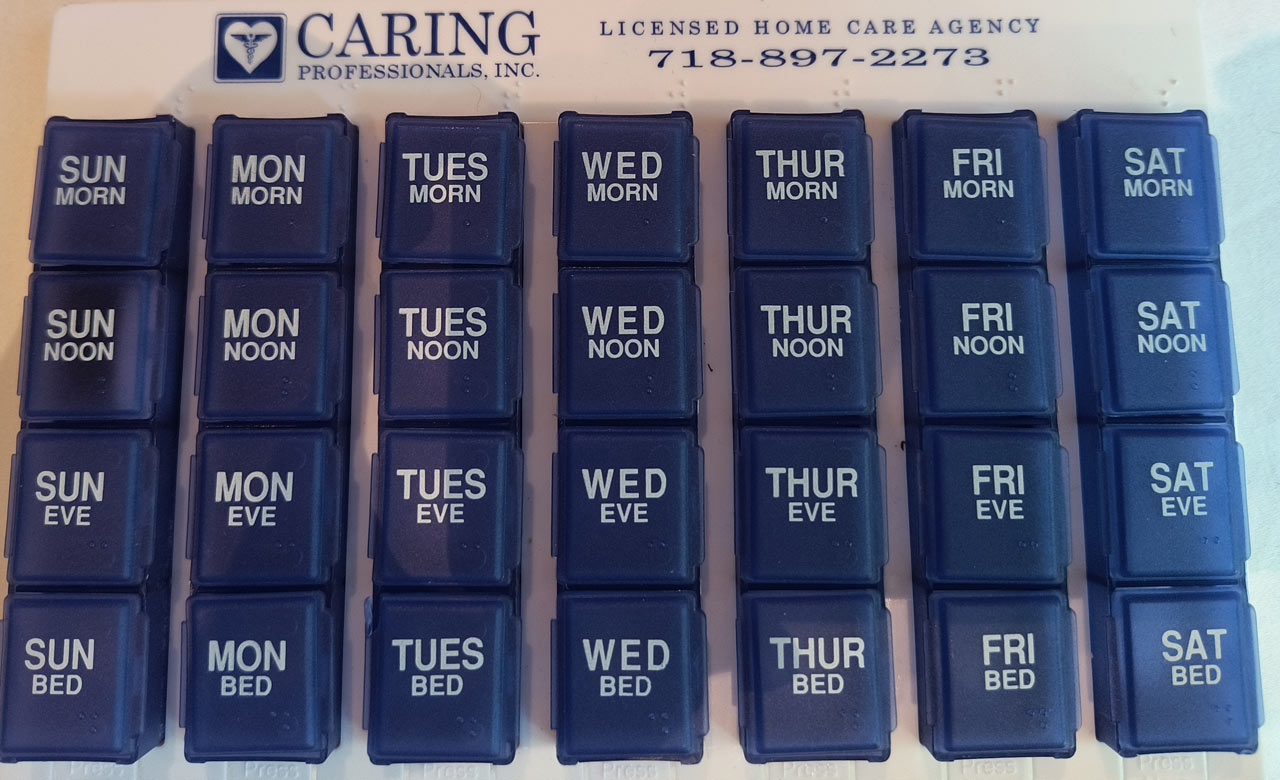There is reason for you to be concerned when the summer heat turns brutal. High temperatures affect patients with Alzheimer’s disease differently than it affects others.
Extreme heat affects individuals with this neurological illness more than it does other people. Because they have lost neurons in their brains, their brains cannot tell their bodies to react accordingly and adapt. In addition, dehydration and sweating will result in less blood going to their brains and exacerbation of confusion caused by the loss of neurons.
In May, a study came out in England that suggested that the risk of someone with dementia going to the emergency room starts increasing at 63 degrees. For every 34 degrees, the temperature goes up, the number of dementia patients admitted goes up 4.5%. An earlier study in the US showed a similar trend.
Because people with Alzheimer’s cannot adapt on their own, it is up to the caregiver to take action. The patient should be brought into the shade. Air conditioning should be turned on and extra drinks of water should be taken. An Alzheimer’s patient may not feel thirsty, even if he is dehydrated. This is true of people who age, even those without dementia.
The tricky part is figuring out if the person is dehydrated. Even if you feel an older person’s hand and it is cold, he may still be dehydrated and feel hot.
Dr. Liron Sinvani of Northwell Health suggests looking at mucus membranes such as the mouth and eyes. Check if they are moist or dry. When they are dry, that means the person is dehydrated. Other associated results of dehydration include falls and urinary tract infections.
So what should one do to prevent dehydration when the weather gets hot and sticky?
Make sure the AC is on all the time. Offer to wipe the face and hands with damp cloths. Take your loved one to a cooling center or mall if the air conditioning in the home is on the fritz. Air conditioning is necessary. Don’t forget that NYC offers air conditioners to seniors to help them manage when it gets hot. Your local senior center or community center will tell you how to apply.

Offer your loved one drinks of all different kinds. It does not just have to be water. Offer frozen treats such as ice cream, sorbet, and ices. They will hydrate, as well. Make sure they are within easy reach so the individual doesn’t have to get up and make themselves a drink. And make the glasses noticeable. Put the drink or treat in a brightly colored dish or glass.
Other strategies include setting a timer to remind the person and caregiver that the patient needs to drink. The caregiver and patient can drink together, making it social and easier to accomplish.
Fruit such as grapes, melons and especially watermelon have a lot of water. Get creative and offer water infused with fruit and berries in a tall glass with ice cubes. Soup is also a good idea. Leave the drinks and fruit around so that the individual will be tempted.
Make sure he is wearing appropriate clothing for the weather. Keep him out of the sun.
More frequent bathing in cool water is a good idea.
Ask others to check on your patient to make sure he seems ok and has what he needs.
Monitor your loved one for dehydration. Look for dark and strong smelling urine. Dry mouth, lips, and eyes also indicate dehydration. Headaches and dizziness may also be indicators. Infrequent urination (less than four times a day) is also a symptom of dehydration. When you suspect a UTI or notice increased confusion or any of the other symptoms, get the patient with dementia to medical personnel.
Just offering water will not cure dehydration.
Extreme Heat and Your Dementia Patient FAQ
What strategies can be used to prevent dehydration in Alzheimer’s patients during hot weather?
What are the symptoms of dehydration in a person with dementia?
What should I do if I suspect my loved one with dementia is dehydrated?
Similar articles from Caring Professionals Home Care Agency






